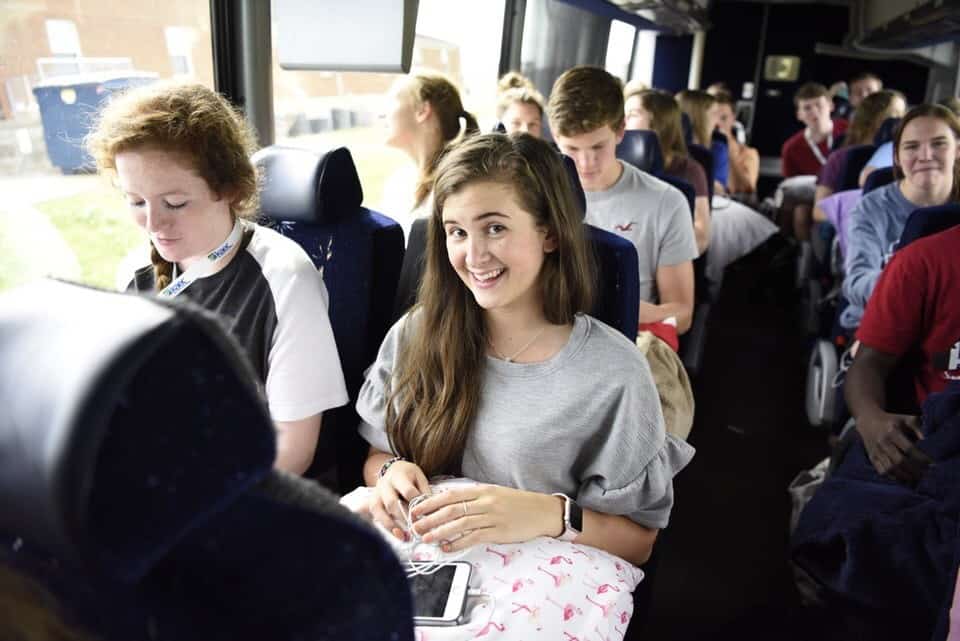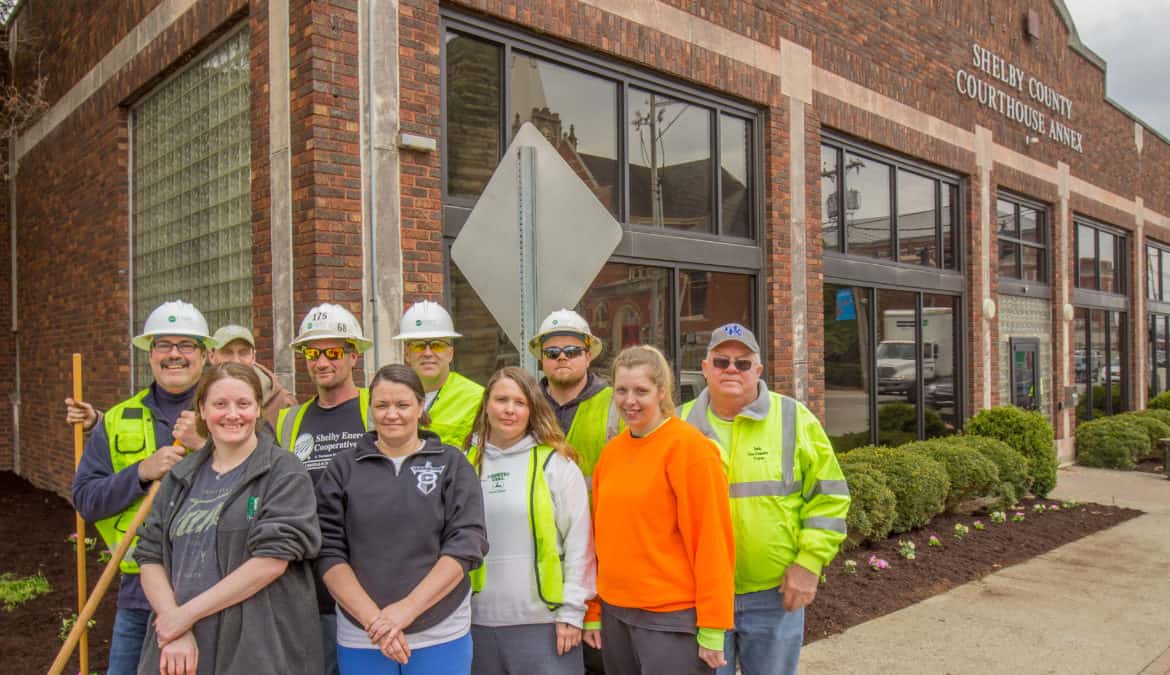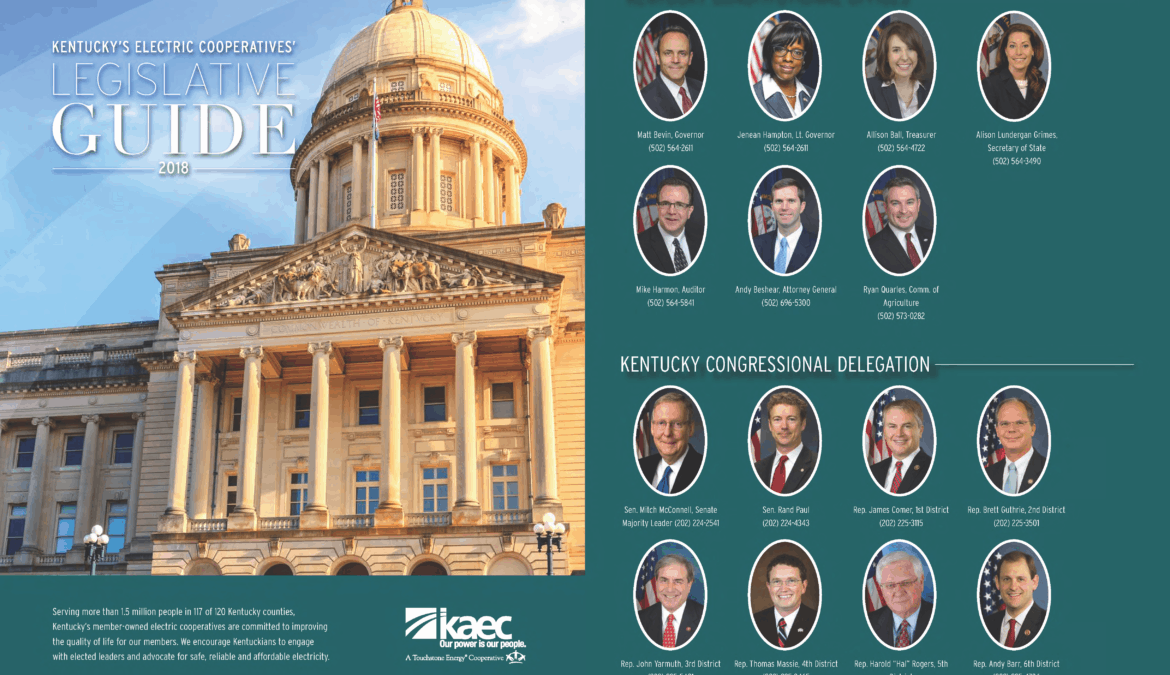Customers advised to look into payment plans or heating assistance
Prolonged and severe cold in December and January has led to sharply higher electric bills for customers across Kentucky, the Kentucky Public Service Commission (PSC) says.
For many customers – particularly those who heat entirely or primarily with electricity – bills received from late December through January have been much larger than those for the previous billing period.
That is because the National Weather Service (NWS) measure that tracks the need for home heating was, in December, about 75 percent higher than in November. January heating demand was up another 14 percent over December, or roughly double that in November.
“When you have prolonged periods of sub-freezing weather, as we have had this winter in Kentucky, the amount of energy needed to heat your home goes up dramatically,” PSC Chairman Michael Schmitt said. “And energy usage is by far the most important factor in determining energy costs.”
Schmitt said customers who are concerned about high electric bills should first contact their utility company for information about payment plans or heating assistance.
“The PSC consumer services staff will do all they can to help customers who cannot resolve issues with their utility providers,” he said. “They also can guide people to sources of assistance in their communities.”
Almost all of the hundreds of inquiries about high energy bills the PSC has received since late December have been about electric service. Customers who heat with natural gas have not seen comparable increases.
That is because the amount of electricity needed for heating rises sharply in times of extreme cold. Even the most efficient heat pumps won’t work very well once the temperature drops more than a few degrees below freezing.
During periods of prolonged cold, all-electric heating systems switch on resistance (or strip) heating, which consumes much more electricity than the heat pump. “It’s like heating your house with a large toaster, and your usage goes up exponentially as a result,” Schmitt said.
In contrast, natural gas heating systems work essentially the same way no matter the temperature.
Electric consumption this winter not only rose sharply as milder weather in November turned colder in December and January, but also significantly from last year due to the much colder weather. November and December of 2016 and January of 2017 were all warmer than normal, as measured by the NWS.
In contrast, while November of 2017 was slightly warmer than normal, it was 20 percent colder than the year before. December 2017 was slightly colder than December 2016, while last month was 42 percent colder, in terms of heating demand, than the unusually warm January of 2017.
The NWS uses a measure known as heating degree days to measure heating demand. Heating degree days occur when the average daily temperature drops below 65 degrees. Each degree below 65 degrees produces a heating degree day, so a day with an average temperature of 30 degrees creates 35 heating degree days.
The chart below shows the heating degree days for November, December and January of this winter and last winter, with the departure from normal in parentheses for each month (+ means colder than normal; – means warmer). The numbers are an average of eight weather stations spanning Kentucky. (Details for each weather station follow this release.)
November December January
2017-2018 516 (-14) 904 (+35) 1,034 (+79)
2016-2017 428 (-95) 847 (-15) 728 (-226)
PSC Chairman Schmitt noted that customers can take action to manage their heating bills.
“Electric utilities in Kentucky offer even-payment plans that enable customers to reduce month-to-month fluctuations in their bills,” he said. “Energy bills become predictable and are far less subject to weather-related swings. Customers should contact their utility for more information.”
Utilities also may make one-time payment plan arrangements with customers. PSC regulations require a utility to offer a payment plan only after a customer receives a disconnect notice and only to customers who do not have previously unpaid bills. But utilities may offer such plans under other circumstances at their discretion.
Schmitt said customers who are having trouble paying their bills should check to see whether they are eligible for heating assistance, either through the Low-income Home Energy Assistance Program, or LIHEAP, which is operated by local community action agencies, or through programs operated by their utility provider.
In the long term, the best way to combat high energy usage is through energy conservation, Schmitt said. Even modest investments, such as adding weather stripping around doors and windows or switching to high-efficiency lighting, can pay off in lower electric bills, he said.
The PSC is an independent agency attached for administrative purposes to the Energy and Environment Cabinet. It regulates more than 1,500 gas, water, sewer, electric and telecommunication utilities operating in Kentucky.










